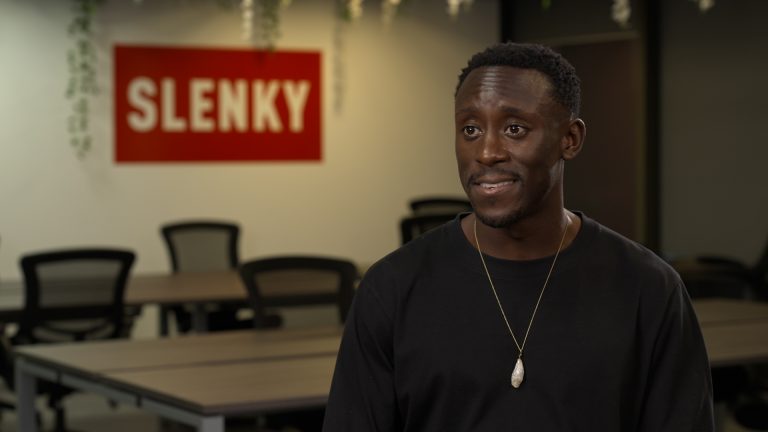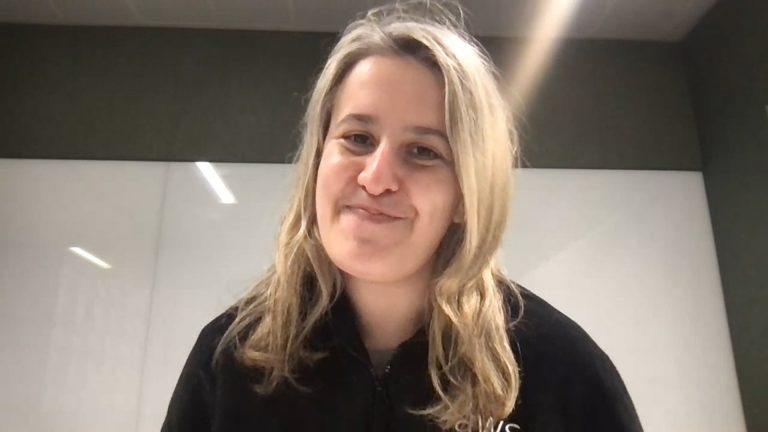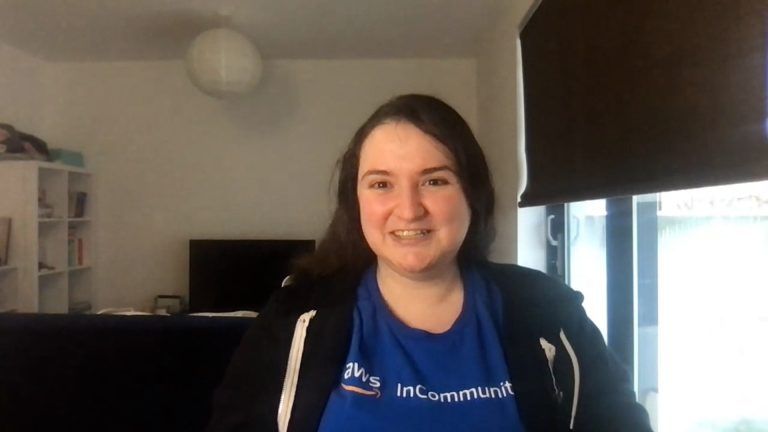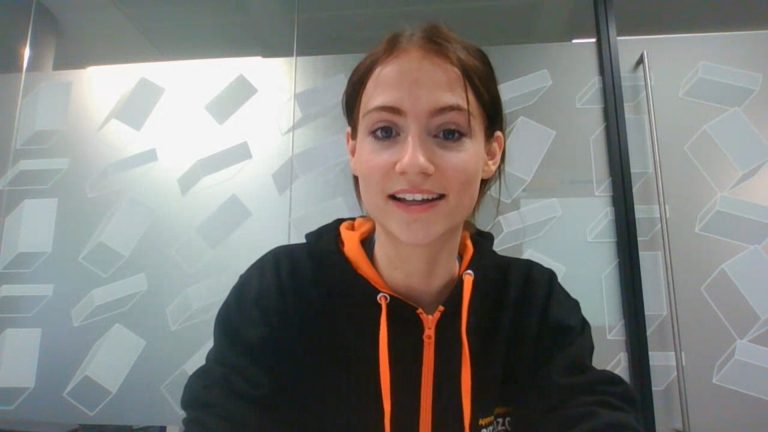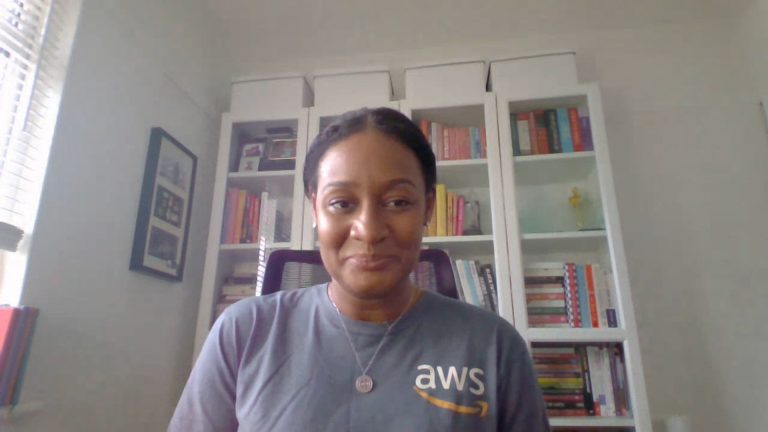Careers in coding, software development and programming
Careers in coding, software development and programming

Most of us use software every day without giving it a second thought. But what is software development? What skills do you need to get started? And what career routes are out there?
What is a software developer?
Job titles in this area can be confusing. The same job can have a different title, depending on where you work.
Broadly speaking, software developers write code for games or apps. Website developers work on websites. Sometimes, you’ll just find shortened titles such as developer, programmer or – more recently, coder. Sometimes, you’ll find titles with a science-focus, such as software engineer. And sometimes job titles reflect different programming languages, so a Javascript developer is someone working in Javascript.
If you’re thinking about a career in this area, don’t worry about job titles at this stage, but focus on the different routes and options out there.
Programming languages
Different programming languages are used for different things. Common Programming languages include Javascript, C++ and Python.
HTML and CSS are programming languages used by websites.
Some people specialise in one programming language. Some programmers work across several different languages.
What skills do I need to become a software developer?
You don’t need to be good at maths or science to get started in coding, but having a head for puzzles and the ability to stick at finding solutions are a big bonus.
Other key skills include:
- attention to detail (typos in code can make a real difference to how it works)
- being able to follow instructions
- being good at finding and following patterns
Soft skills are also important, especially listening, teamwork and communications. You might need to work as part of a larger team with different specialists or need to explain issues to people with less technical know-how.
How can I become a software developer?
There are a number of routes into software development including:
- Degree or HND in computer science. In general, degree options provides you with strong academic foundations and high-level theory.
- Coding bootcamps. These offer a fast-track route into work with a practical focus. Courses generally take around 12 weeks and often have links with employers. Examples include Makers Academy (London) and Northcoders (Manchester and Leeds).
- An apprenticeship. Again, titles here vary so it pays to be wide with your search, for example try computer software apprentice, coding apprentice, software engineering apprentice and so on.
With all options, looking at what past students have done next will give you an idea of where each route could lead.
Coding tasters
Computer programming is easy to explore. There are lots of free taster courses and online learning options you can try out.
StudioCode is a not-for-profit organisation and runs the #HourofCode campaign. Try a one-hour code tutorial or check out their selection of longer courses, all for free.
FreeCodeCamp – another not-for-profit organisation which helps people learn to code for free
Codewars helps you learn through real coding challenges
You can take a wide range of short online tech and coding courses from top universities as part of FutureLearn. Courses are free and flexible.
Job prospects
At the moment there are not enough software developers in the UK to fill the jobs available. Demand for software developers is set to rise over the coming years and the tech industry is also expected to grow.
Finding work
Alongside standard job sites, look out for specialist recruitment agencies such as Bubble Jobs or local networks such as Wired Sussex (keep an eye out for similar networks where you live).

